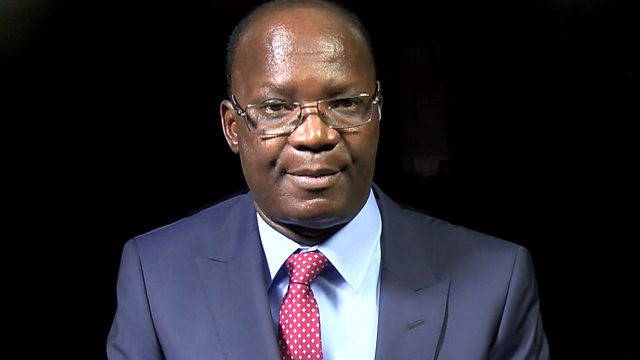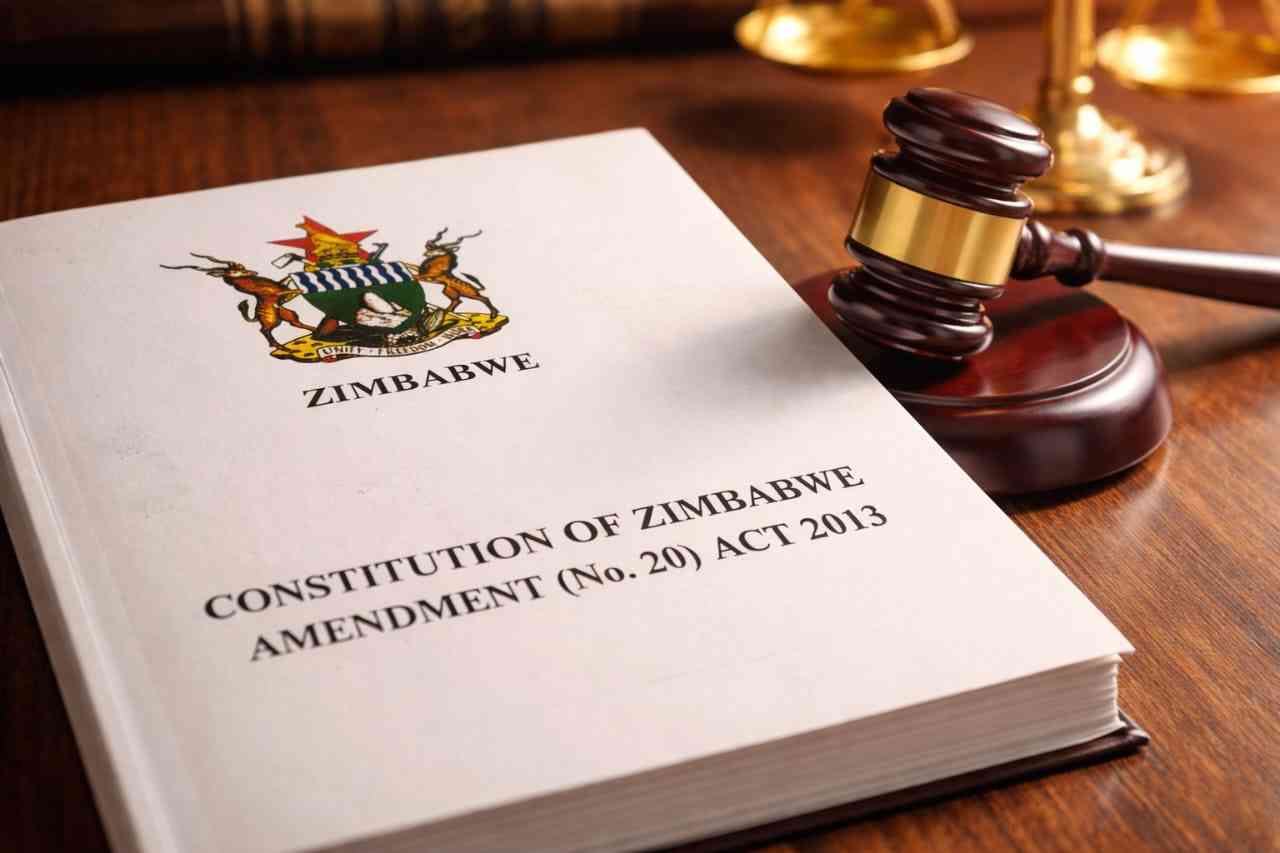
Traditional healers have appealed to the government to create a platform that will enable them to join hands with churches and traditional leaders in their quest to combat road carnage in the country.
The call was made by traditional healers in Mashonaland Central province during a cultural sensitisation and stakeholders’ relations awareness campaign organised by prominent Glendale-based traditional healer, Sekuru Nyangatayani, born Peter Chingudzi.
“We appeal to our government to create an enabling environment in our quest to arrest road carnage, an abnormality which has caused diverse disorders, trauma and idleness that retard development,” Chingudzi said.
“Long ago, it was well known that rain making ceremonies should be an all-stakeholders engagement event bringing unity, traditional and cultural sanity, rather than a reserve for a limited section of society.
“It is, therefore, the same platform that we are appealing to be created to address all existing abnormalities.
“We are longing to share notes with indigenous churches, chiefs and other critical stakeholders since we are also sharing the same infrastructure.
“We are inseparable and therefore we are supposed to fight together against all socio-cultural, economic and religious ills of our country.”
While distinct in their origins and specific practices, both traditional healers and churches in some contexts utilise similar approaches in seeking healing and deliverance, particularly in addressing spiritual and social issues, Chingudzi acknowledged.
- Gurewamukuru legend buried in Musana
- Human-wildlife conflict cases escalate
- Violence rocks Matobo
- SASA: A story told is a burden shared
Keep Reading
He said both traditions utilise rituals as a means of interacting with the spiritual realm and facilitating healing, hence the need for collaborations.
“We might use ceremonies, offerings and symbolic actions to appease spirits or ancestors while churches may use prayer, anointing with oil, laying on of hands and other rituals to invoke divine power and healing,” Chingudzi said.
Road traffic accidents spiked over the combined Easter and Independence holidays this year with 384 crashes recorded, up from 286 in 2024, the Zimbabwe Republic Police said then in a statement.
Police spokesperson assistant commissioner Paul Nyathi has always urged motorists to stop, assist the injured and report all accidents to authorities.
“The Zimbabwe Republic Police reiterates that motorists must stop, render first aid and report road traffic accidents to the police,” Nyathi said then.










